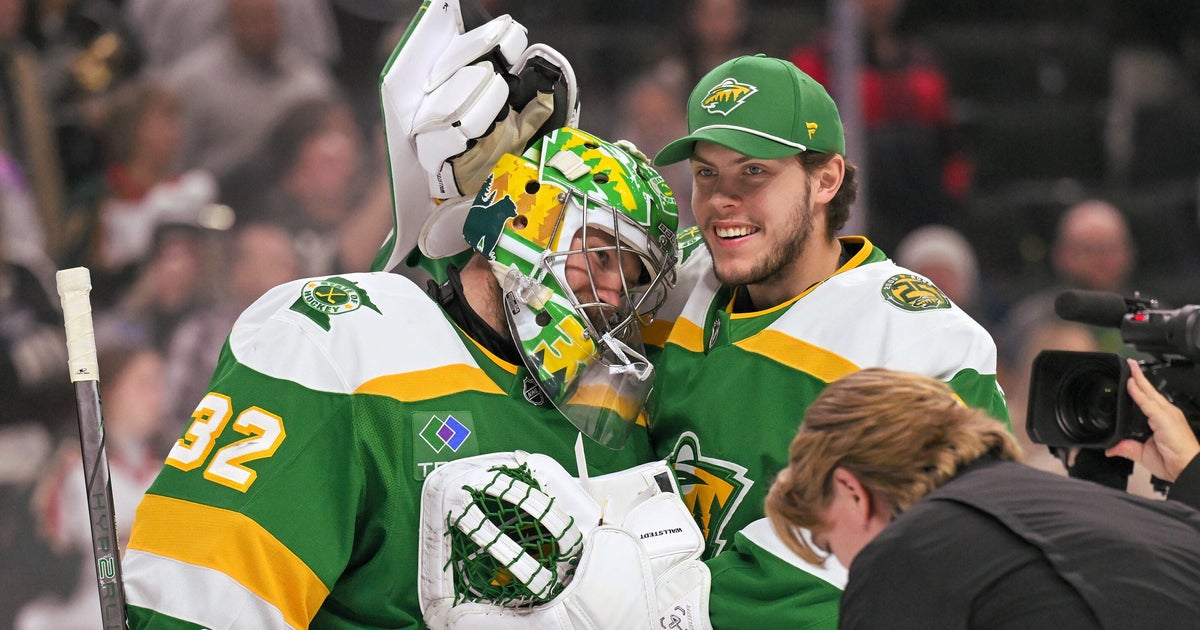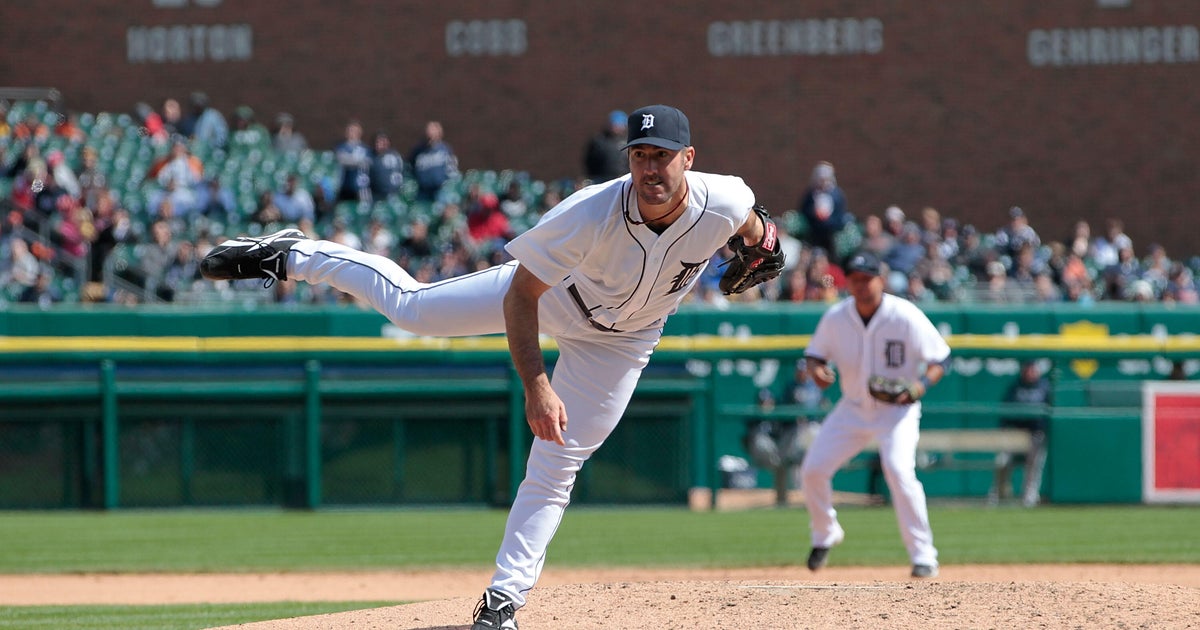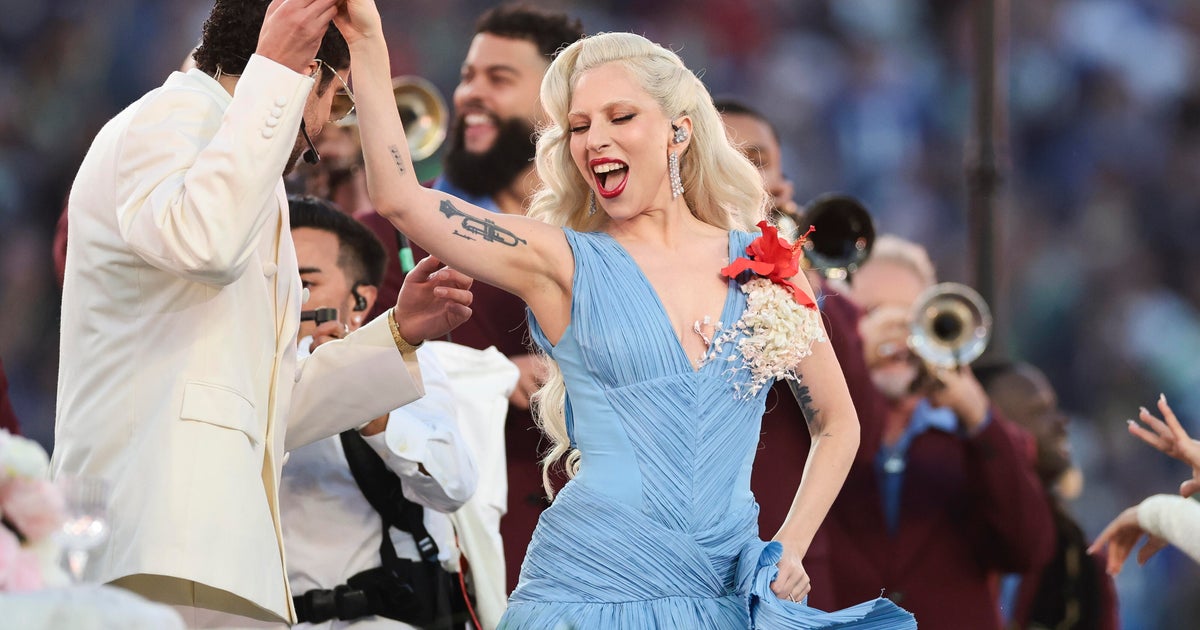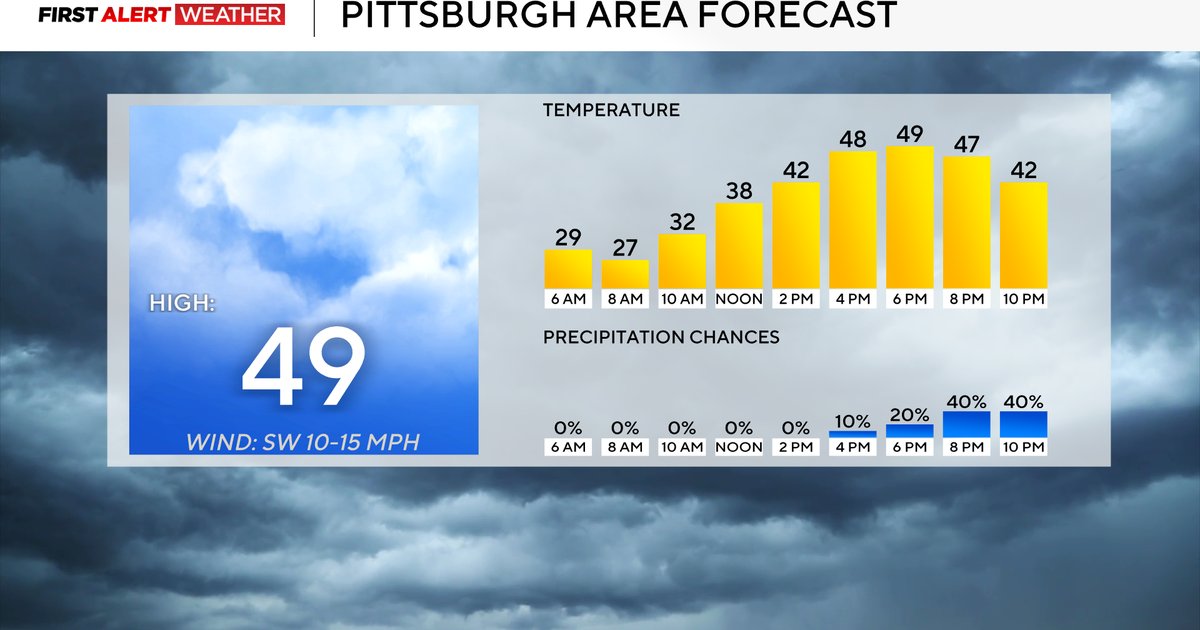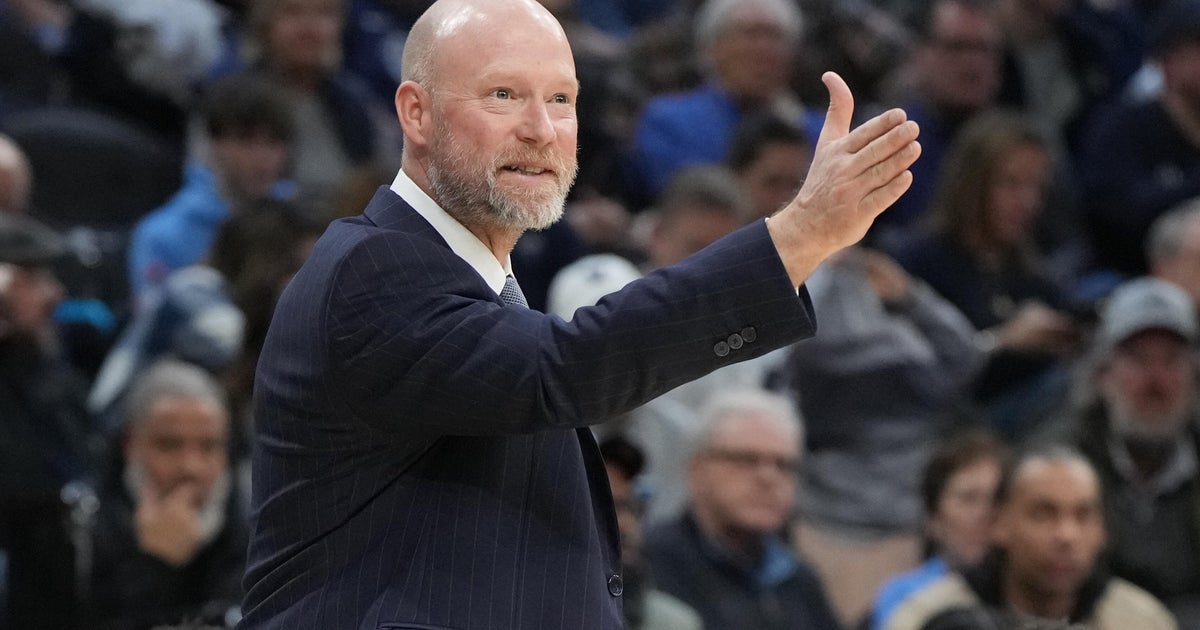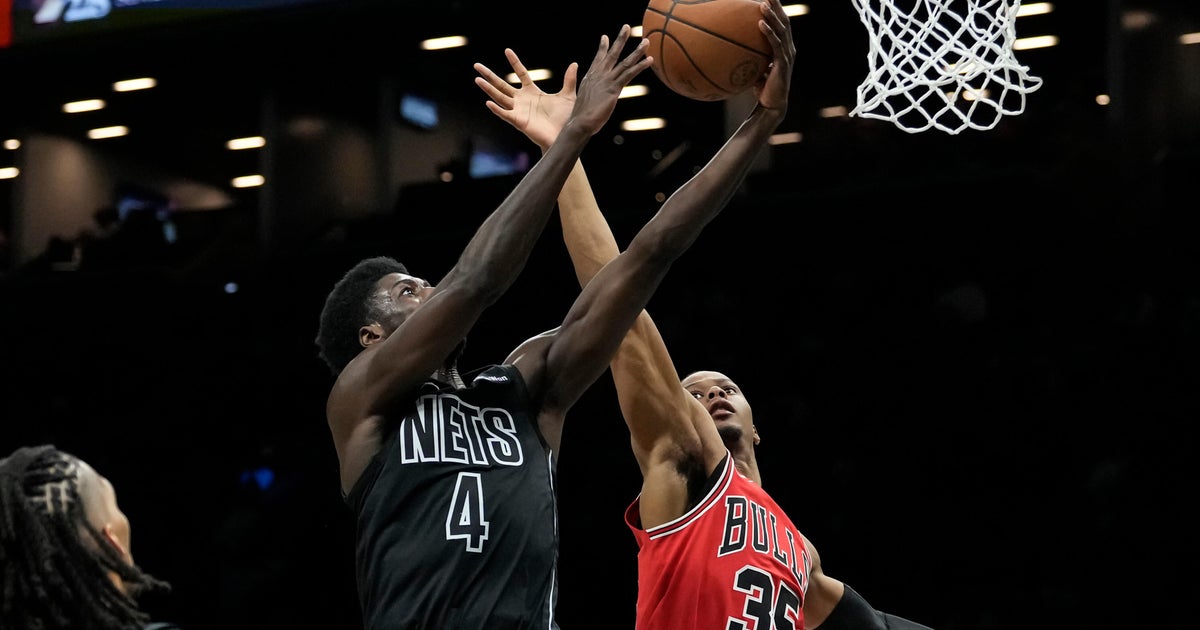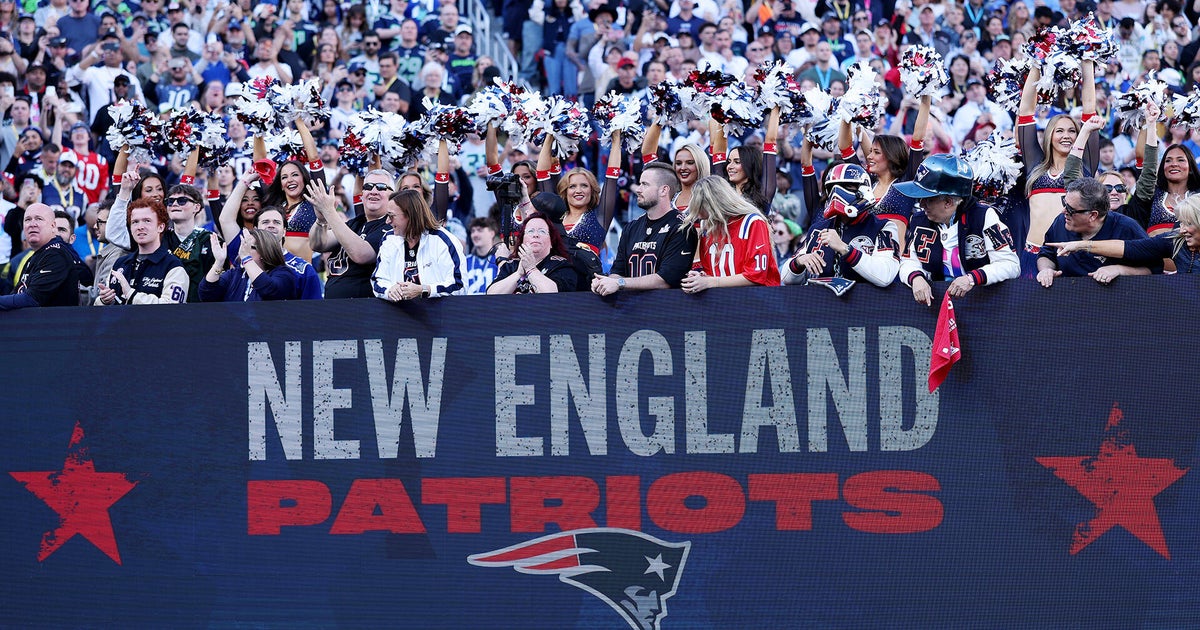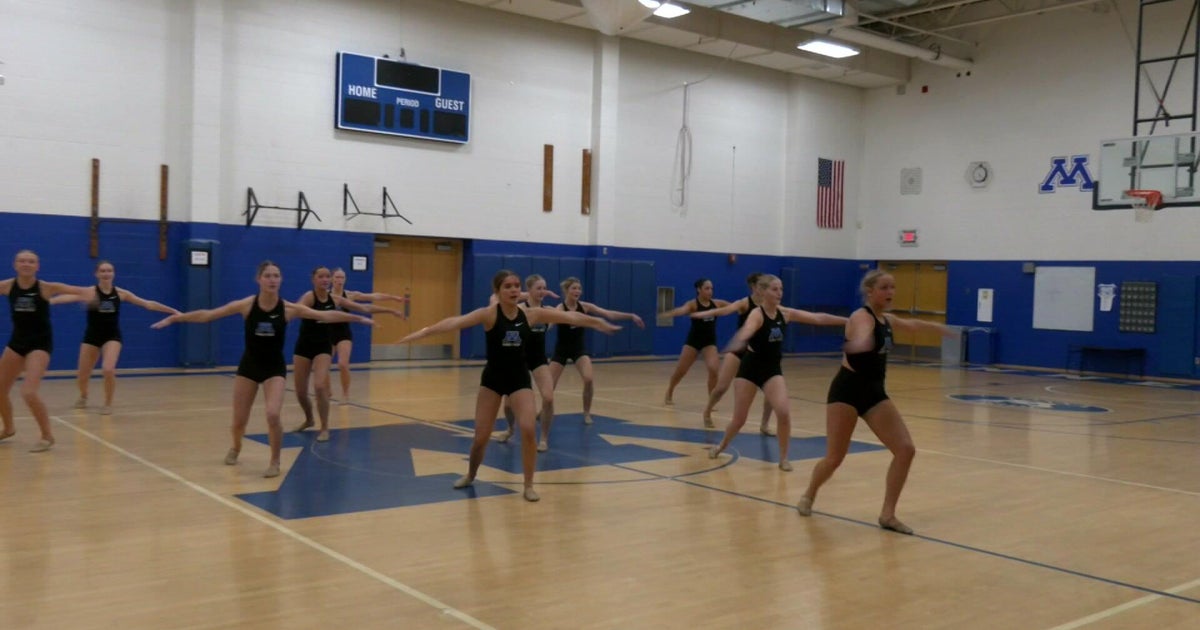2017-18 NHL Season Preview
By Matt Citak
The calendar flipping to October represents great news for hockey fans: the NHL is back. Last season provided us with some memorable moments, capped off by an amazing Stanley Cup Finals that saw the Pittsburgh Penguins defeat the Nashville Predators to win their second consecutive Stanley Cup. With the puck dropping on the season this Wednesday, we take a look at each team and what fans might be in store for this year.
Ladies and gentlemen, the 2017-18 NHL Season Preview.
Metropolitan Division
Carolina Hurricanes (36-31-15, 87 points)
The Hurricanes are looking to get back in the playoffs after a disappointing 2016-17 campaign. Forward Justin Williams, who won his first of three Stanley Cups with Carolina back in 2006, is back with the Hurricanes and thinks this team can surprise a lot of people. The additions of goalie Scott Darling and defensemen Trevor van Riemsdyk and Marcus Kruger should help shore up a defense that allowed 2.80 goals against per game last season.
Columbus Blue Jackets (50-28-8, 108 points)
The Blue Jackets rode a 16-game win streak to help them earn 108 points and a spot in the playoffs last season. Goaltender Sergei Bobrovsky will look to follow up a campaign that saw him win his second Vezina Trophy with another stellar performance this year. Columbus hopes the addition of forward Artemi Panarin will more than make up for the loss of forwards Sam Gagner and Scott Hartnell.
New Jersey Devils (28-40-14, 70 points)
The Devils failed to qualify for the playoffs for the fifth consecutive season last year. General manager Ray Shero was able to bolster New Jersey's long-term offensive prospects by trading for forward Marcus Johansson, a top-six forward coming off a career year with the Washington Capitals. The Devils were also the big winners from this year's draft as they left with top prize Nico Hischier, although Hischier's full potential will likely not be realized until further down the road. All in all, New Jersey should improve from their last season, although the defense still needs a lot of work.
 Credit: Jim McIsaac/Getty Images
Credit: Jim McIsaac/Getty Images
New York Islanders (41-29-12, 94 points)
The Islanders just missed out on their third straight playoff berth in 2016-17. After taking over for the fired Jack Capuano, Doug Weight led the Islanders to a 24-12-4 record, and the "interim" label was removed from his title following the conclusion of the season. The arrival of Jordan Eberle should help improve the offense, but much of New York's success will depend on the development of young players like Ryan Pulock and Mathew Barzal. A return to the postseason would go a long way in convincing captain John Tavares to sign a long-term extension with the Islanders.
New York Rangers (48-28-6, 102 points)
Several key members of last year's team were shown the door, as forwards Derek Stepan and Oscar Lindberg, along with defenseman Dan Girardi, will all suit up with other teams this season. The Rangers were able to sign Kevin Shattenkirk, who was the consensus No. 1 defender on the market this offseason, to help bolster the team's blue-line. As has been the case for more than the last decade, how far New York can go in the playoffs depends largely on the play of goalie Henrik Lundqvist, who turns 36 in early March.
Philadelphia Flyers (39-33-10, 88 points)
The Flyers did not look good last year, and after a relatively quiet offseason, it's fair to wonder if they will improve at all this season. Wayne Simmonds provides some hope for the team's outlook on offense, as he has recorded back-to-back 30-goal seasons, while the addition of Nolan Patrick in the draft will certainly help the team in the future. Philadelphia looks as if they could be headed towards yet another mediocre, middle-of-the-road campaign in 2017-18.
Pittsburgh Penguins (50-21-11, 111 points)
Despite losing a lot of their depth and several familiar faces this offseason, the two-time defending Stanley Cup Champion Pittsburgh Penguins look primed to become the first team to three-peat as Cup champions since the Islanders won four in a row over 30 years ago. The Penguins have elite goal scorers up front in Sidney Crosby and Evgeni Malkin, a solid No. 1 goalie in Matt Murray, talented, offensive-minded defenders in Kris Letang and Justin Schultz, and up-and-coming stars like Jake Guentzel. These Penguins have the looks of a modern-day dynasty.
Washington Capitals (55-19-8, 118 points)
What a rough offseason for the Capitals. Washington lost several talented players, including Johansson, Shattenkirk, Williams, Karl Alzner and Nate Schmidt, and did not do much to replace them. The Capitals were able to re-sign Dmitry Orlov, Evgeny Kuznetsov, and T.J. Oshie, and with Alex Ovechkin, Brian Holtby, and Nicklas Backstrom still there as well, this team is not lacking talent. However it would be unfair to expect a third consecutive Presidents' Trophy in 2017-18, which will likely leave the Capitals and its fans disappointed yet again.
 Credit: Patrick Smith/Getty Images
Credit: Patrick Smith/Getty Images
Atlantic Division
Boston Bruins (44-31-7, 95 points)
The Bruins did not make any splashes in free agency this offseason, with the biggest move being the re-signing of forward David Pastrnak just before the start of training camp. Boston has the talent to get back to the playoffs, led by Brad Marchand, Patrice Bergeron, Zdeno Chara, and Tuukka Rask. However Bruins fans shouldn't expect a deep playoff run with this team, as a realistic goal would be for them to sneak in as one of the Eastern Conference's wild card teams.
Buffalo Sabres (33-37-12, 78 points)
The Sabres made more all-around changes than any other team this offseason, bringing in two-time Stanley Cup winner Jason Botterill as the team's new general manager and former Nashville Predators assistant and former Sabre Phil Housley as head coach. One of the NHL's worst teams last season, Buffalo is likely to improve with its new leadership. The Sabres will rely on their stars, Evander Kane and Jack Eichel, to lead them out of the basement of the Eastern Conference.
Detroit Red Wings (33-36-13, 79 points)
The Red Wings saw their incredibly impressive 25-year postseason streak end last April, and did not make many changes to last year's roster. The addition of Trevor Daley on defense provides Detroit with top-four blue-line talent with offensive potential. The Red Wings were able to keep Tomas Tatar, one of the league's more promising young forwards coming off his third consecutive 20-goal season, happy by signing him to an extension this offseason. Detroit will need better play from goalies Jimmy Howard and Petr Mrazek if they want to start a new postseason streak this year.
Florida Panthers (35-36-11, 81 points)
The Panthers made sweeping changes within their leadership, bringing back their former GM Dale Tallon to take over in the front office and Sharks assistant Bob Boughner to guide from Florida's bench. But following a season in which the Panthers won just 35 games, Florida did not do much to improve the team on the ice. The return of Evgeny Dadonov will surely bring a boost to the team's offense, but it looks as if this team might be heading towards another rough season.
Montreal Canadiens (47-26-9, 103 points)
The Canadiens seemed destined for their second consecutive season without a playoff berth before Claude Julien was brought into replace Michel Therrien (for the second time in their careers), which lit a fire under the Montreal squad and propelled them into the playoffs. While the season didn't end how they would have hoped, the Canadiens will return a ton of their talent from last year while adding pieces like Jonathan Drouin and Karl Alzner. If Carey Price can continue to perform like a Vezina Trophy candidate, then the Canadiens have a chance at making a deep playoff run.
 Credit: Minas Panagiotakis/Getty Images
Credit: Minas Panagiotakis/Getty Images
Ottawa Senators (44-28-10, 98 points)
The Senators didn't do anything this offseason to improve their roster from last year's squad that was able to reach the Eastern Conference Finals. The addition of Johnny Oduya brings some Stanley Cup Final experience to Ottawa, but it doesn't make up for the loss of Marc Methot on defense. The Senators will need goaltender Craig Anderson to put together another stellar performance this season if they want to make another magical run through the playoffs.
Tampa Bay Lightning (42-30-10, 94 points)
Tampa Bay fought for their fourth straight trip to the postseason last year, and despite coming one point short, it was an impressive effort by the Lightning considering they lost captain Steven Stamkos for most of the season. General manager Steve Yzerman went right to work in the offseason, adding Chris Kunitz, Dan Girardi, and Mikhail Sergachev to an already talented Tampa team. The Lightning have the potential to be one of the league's best offensive teams this season.
Toronto Maple Leafs (40-27-15, 95 points)
Toronto's offense exploded last season as the team scored the most goals (251) in the Atlantic Division and the fifth-most in the NHL, led by a 40-goal performance from Calder Trophy winner Auston Matthews. GM Lou Lamoriello and president Brendan Shanahan were able to add Patrick Marleau, Ron Hainsey, and Dominic Moore en route to forming a Stanley Cup contender, both this season and moving forward. Even with some questions remaining on the defensive side, the Maple Leafs look like they're for real this year.
 Credit: Claus Andersen/Getty Images
Credit: Claus Andersen/Getty Images
Central Division
Chicago Blackhawks (50-23-9, 109 points)
After being swept in the first round of the playoffs by the Nashville Predators, the Blackhawks were as active as anyone this offseason. Chicago brought back some familiar faces with the arrival of Brandon Saad and Patrick Sharp, but that did not cover up the losses of several contributors to recent Blackhawk teams, such as Artemi Panarin, Niklas Hjalmarsson, Trevor van Riemsdyk, and more. Chicago still has the talent to make a deep playoff run, but the Central Division has gotten a lot more competitive in recent years.
 Credit: Jonathan Daniel/Getty Images
Credit: Jonathan Daniel/Getty Images
Colorado Avalanche (22-56-4, 48 points)
The Avalanche were the NHL's worst team in 2016-17 and it wasn't even close. Colorado finished with 21 fewer points than any other team, and did very little in the offseason to improve on that. The Avalanche did trade with Nashville for Colin Wilson, which will inject some talent to the center position. But the move that everyone around the NHL is waiting for is Joe Sakic to finally pull the trigger on a deal to send the team's most promising young player, Matt Duchene, elsewhere.
Dallas Stars (34-37-11, 79 points)
Dallas followed up a disappointing season with the busiest offseason in the league. General manager Jim Nill began the splurge in May by adding goaltender Ben Bishop, and followed it up by signing veterans Alexander Radulov, Martin Hanzal, and Marc Methot. The Stars have immediately moved back into contender status, as Tyler Seguin, Jamie Benn, and Radek Faksa will likely lead Dallas back into the playoffs. You have to give Nill credit for righting the ship as quickly and efficiently as he did.
Minnesota Wild (49-25-8, 106 points)
The Wild are coming off the most successful season in the franchise's young history after earning 106 points last year. Despite the great 2016-17 campaign, an early departure from the postseason led to a lot of changes throughout the Minnesota roster. Losing Jason Pominville, Erik Haula, and Marco Scandella will hurt, but GM Chuck Fletcher made sure to bring some new talent to the team in Marcus Foligno, Tyler Ennis, and Matt Cullen while locking up Mikael Granlund and Nino Niederreiter to extensions. The Wild are one of the Central Division's up-and-coming teams this year.
Nashville Predators (41-29-12, 94 points)
What an unbelievable run by the Predators, who took their 16th-ranked playoff seed and rode all the way to a heartbreaking 4-2 loss to the Penguins in the Stanley Cup Final. Captain Mike Fisher decided to hang up his skates during the offseason, while James Neal was lost to the Golden Knights in the expansion draft, but GM David Poile did a very adequate job of making up for those losses. The Predators signed forwards Nick Bonino and Scott Hartnell, added Alexei Emelin to an already stacked blue-line mix, and signed Viktor Arvidsson and Ryan Johansen to long-term deals. The Preds are a team built to contend both now and for years to come.
 Credit: Harry How/Getty Images
Credit: Harry How/Getty Images
St. Louis Blues (46-29-7, 99 points)
St. Louis made their sixth consecutive playoff appearance last season, fueled by a mid-season coaching change from Ken Hitchcock to former Wild coach Mike Yeo. The Blues already had one of the league's better offenses in 2016-17, and then GM Doug Armstrong went out and added Brayden Schenn, a 25-goal scorer, to the mix. But with Jaden Schwartz and Vladimir Tarasenko leading the way on the top line, and Jake Allen in goal, the Blues could be one of the league's biggest sleepers this season.
Winnipeg Jets (40-35-7, 87 points)
The Jets biggest weakness last year was the play of their goaltenders, which the team hopes they rectified in adding Steve Mason from the Flyers. Winnipeg has Patrik Laine, fresh off his 36-goal rookie campaign, and fellow youngster Mark Scheifele headlining the offense, which provides the Jets with as much optimism as the franchise has had since moving from Atlanta in 2011. Don't forget about captain Blake Wheeler, who has had four consecutive seasons of at least 26 goals. The biggest knock on the Jets this season is the simple fact that the competition in the Central Division is sure to be incredibly tough.
Pacific Division
Anaheim Ducks (46-23-13, 105 points)
The Ducks have five straight Pacific Division titles under their belt, an impressive feat considering some of the competition within the division. After losing in the Western Conference Finals to the Predators, the Ducks have their sights on a Stanley Cup Championship this year. In order to reach that goal, Anaheim will need to continue its stellar play on defense (allowed just 200 goals in 2016-17), which management did a good job of keeping intact this offseason. The Ducks' championship window is starting to close, so look for Anaheim to go all-in this season.
Arizona Coyotes (30-42-10, 70 points)
Arizona is another team that had an incredibly busy offseason. The Coyotes parted ways with Shane Doan and Radim Vrbata, who both brought veteran leadership along with some much-needed contributions on offense to the team. However Arizona infused some new talent on the roster, adding veteran forward Derek Stepan, Niklas Hjalmarsson on defense, and goaltender Antti Raanta. The Coyotes' success will likely depend on the development of the club's top prospects. If they can take a big step forward, Arizona could surprise a lot of people this season.
Calgary Flames (45-33-4, 94 points)
After a so-so season that saw the Flames return to the postseason but get swept in the opening round, Calgary put themselves in a great position to make a return trip to the postseason in 2017-18. The Flames were able to acquire Travis Hamonic to add to their talent at the blue line, which was also boosted by the re-signing of Michael Stone. Calgary was also able to bring back forwards Michael Ferland and Kris Versteeg on relatively cheap deals, which will turn out to be a big steal for the Flames. This Calgary team should, at the least, find its way back into postseason play.
Edmonton Oilers (47-26-9, 103 points)
The Oilers rode the success of second-year forward Connor McDavid, who scored 30 goals and had 100 points on his way to receiving most of the best NHL awards, all the way to Game 7 with a shot at the conference finals on the line. The Oilers came up just short against the Ducks in that series, but with the amount of young talent on this team, they are a serious Stanley Cup contender this year. Edmonton certainly has some questions marks surrounding the depth of their roster, but with reigning-MVP McDavid just beginning to leave his mark on the NHL, the sky is the limit for the Oilers.
Los Angeles Kings (39-35-8, 86 points)
The Kings are just four years removed from a Stanley Cup Championship, yet you would not be able to tell that with the way they performed last year. The team's leadership was shook up as assistant GM Rob Blake took over for his former boss, Dean Lombardi, while assistant coach John Stevens did the same to Darryl Sutter. In terms of the roster, the Kings may have found a steal in forward Michael Cammalleri from the Devils, as they were able to pick the veteran up on a very inexpensive contract. Unless the team's established veterans can have a huge year, it's hard to see this Los Angeles team improving that much from last year.
San Jose Sharks (46-29-7, 99 points)
The Sharks likely had the quietest offseason in the entire league in terms of adding talent. In fact, San Jose did not really make any significant additions to the roster. However that is not to say they didn't make some very smart roster moves, including signing Martin Jones and Marc-Edouard Vlasic to long-term deals to keep their top defensive group together and re-upping the ageless Joe Thorton on a one-year deal. Jones and Vlasic are joined at the blue line by Paul Martin and Norris Trophy winner Brent Burns to form one of the NHL's best group of defenders. This is a good Sharks team that will be looking (and expecting) to go on a deep postseason run in 2017-18.
Vancouver Canucks (30-43-9, 69 points)
The Canucks would have been the worst team in the NHL had it not been for Colorado's historically bad 2016-17 campaign. Vancouver was surprisingly successful in signing a few free agents, with the biggest name being forward Sam Gagner, fresh off a career-high 50-point season in Columbus. Adding Michael Del Zotto will certainly help the defense as well, but much of Vancouver's success will rely on the play of the team's younger prospects. While Vancouver will likely improve from last year, they still seem a few years away from truly contending.
Vegas Golden Knights (0-0-0, 0 points)
In their first season of existence, the Golden Knights should not be expected to do much this season. The NHL's latest expansion team finds itself competing in a very tough Pacific Division with a roster full of players that have not had more than a just a few months to play with each other. The presence of veterans such as Marc-Andre Fleury, James Neal, and David Perron should provide Vegas with enough firepower to not completely bomb out. A realistic goal for this team would be to simply not end its first season in the basement of the NHL.
 Credit: Ethan Miller/Getty Images
Credit: Ethan Miller/Getty Images
Matt Citak is a producer for CBS Local Sports, a proud Vanderbilt alum and a big Nashville Predators fan. Follow him on Twitter or send comments to mcitak@cbs.com.

